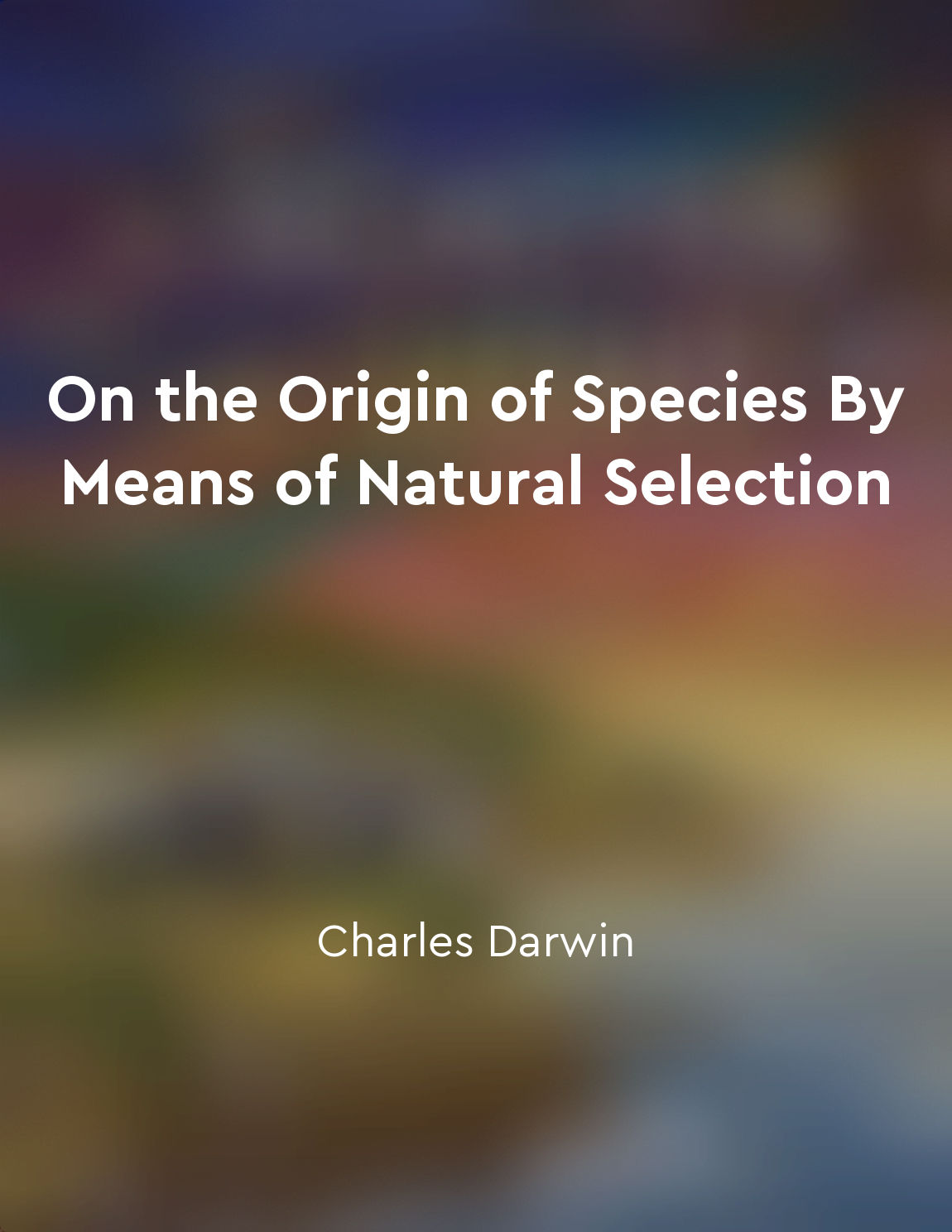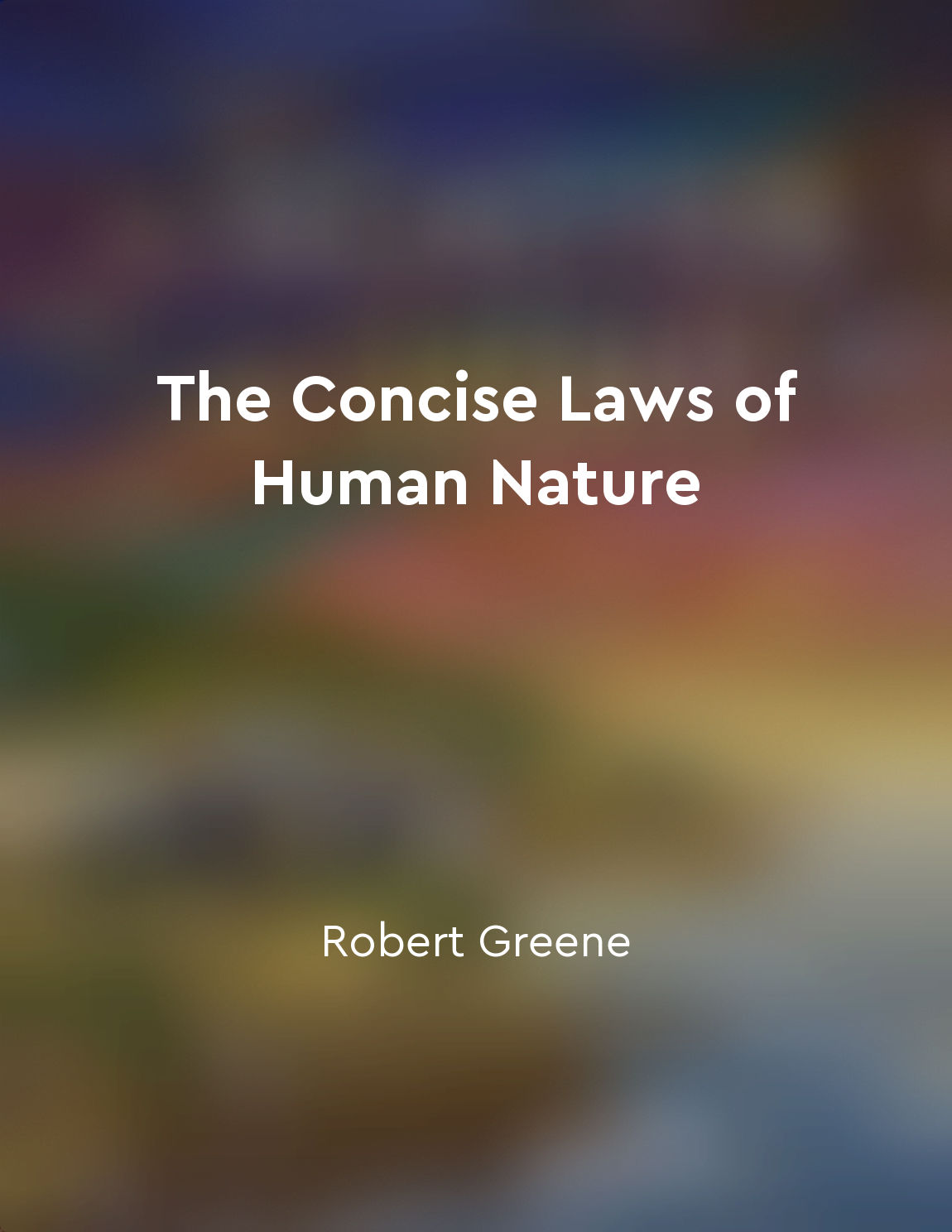Audio available in app
Natural selection operates on psychological traits from "summary" of Evolutionary Psychology by David M Buss
Evolutionary psychology posits that natural selection acts on the psychological mechanisms that underlie human behavior. These mechanisms, or psychological traits, are the result of countless generations of adaptations to the environment. Just as physical traits like opposable thumbs or bipedalism have evolved to enhance survival and reproduction, so too have psychological traits like fear, jealousy, or mate preferences. One of the key concepts in evolutionary psychology is that these psychological mechanisms are not arbitrary or random, but have been shaped by the demands of the ancestral environment. For example, fear of snakes or spiders may have provided a survival advantage to our ancestors who lived in environments where these creatures posed a threat. Over time, individuals who were more afraid of these animals were more likely to survive and pass on their genes, leading to the evolution of a fear response. Similarly, jealousy may have evolved as a mechanism to guard against the loss of a mate, which could have had dire consequences for reproductive success in our evolutionary past. Those individuals who were more vigilant about potential infidelities were more likely to ensure that their genes were passed on to the next generation. Thus, jealousy, like fear, may be a psychological trait that has been shaped by natural selection. Mate preferences are another example of how natural selection operates on psychological traits. Individuals who are attracted to partners who are healthy and fertile are more likely to produce offspring who will survive and reproduce. This preference for healthy mates may have evolved because it increases the chances of producing healthy offspring who can in turn pass on their genes. In sum, evolutionary psychology suggests that our psychological traits are not random or arbitrary, but have been shaped by natural selection to enhance survival and reproduction. By understanding the evolutionary origins of our behavior, we can gain insights into why we think, feel, and act the way we do.Similar Posts
The unconscious mind plays a significant role in decisionmaking
One of the key insights we can glean from psychological research is the idea that much of our decision-making actually takes pl...

Evolution as unifying theory in biology
The theory of evolution serves as the unifying principle in the field of biology. It provides a framework through which we can ...

The idea of a divine creator is unnecessary to explain the complexity of the universe
The complexity of the universe is a fascinating subject that has long captivated human minds. For centuries, people have looked...
Buddhism teaches the interconnectedness of all beings
The interconnectedness of all beings is a central teaching of Buddhism. This concept challenges our normal way of looking at th...
O poder da mente pode transformar a biologia
The power of the mind to transform biology is a fascinating concept that challenges conventional beliefs about the limitations ...

Understanding human nature requires an exploration of our ancestral past
To understand human nature, we must delve into our ancestral past. Our ancestors, who lived in small groups on the African sava...
The tree of life illustrates the interconnectedness of all living things
The tree of life is a powerful metaphor that represents the interconnectedness of all living things on Earth. Just as the branc...

Social status plays a significant role in determining how we perceive others
Social status is a crucial factor in shaping our perceptions of others. People tend to judge and evaluate individuals based on ...
Various brain regions play specific roles in shaping behavior
Understanding the intricate workings of the human brain is crucial when attempting to decipher the complex nature of behavior. ...
Posttraumatic stress disorder can result from traumatic events
Posttraumatic stress disorder can develop after a person experiences a traumatic event that threatens their safety or sense of ...
